Mahei Centre – Manipur: Trans*, Queer and Women led COVID Economic Recovery Project by TCHP and Matai Society
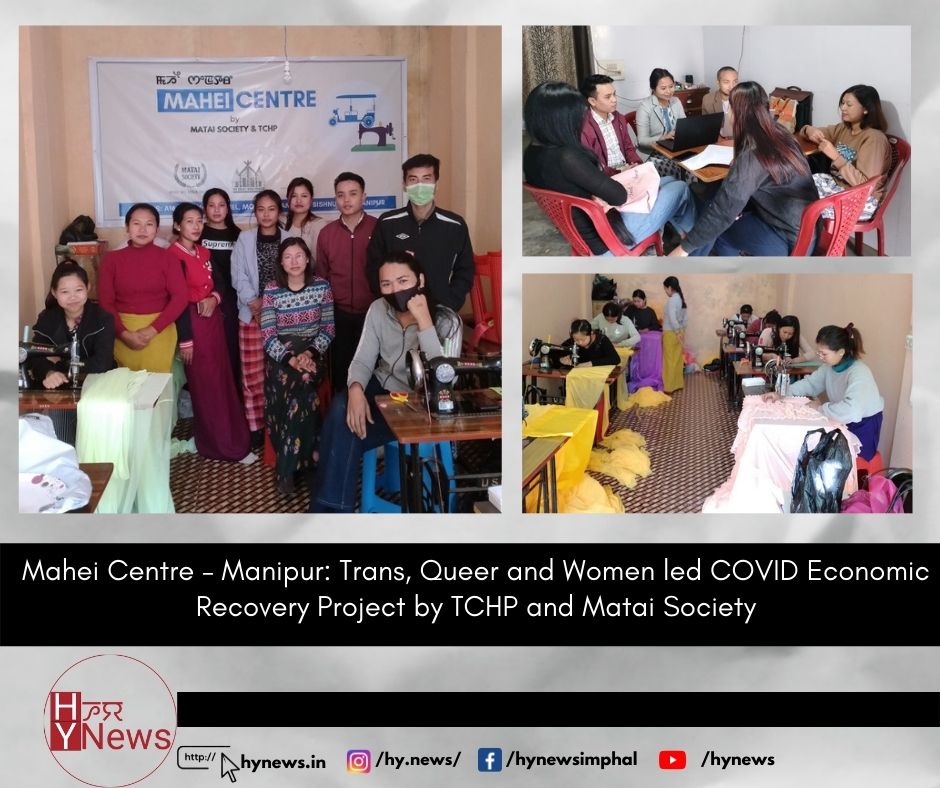
Mahei Centre is a women, queer and trans* led and run free skill building centre and economic generation centre at Moirang, Manipur for women, queer and trans* persons who are worst affected by COVID19.
Livelihood skills and income generation opportunities facilitated through the project includes:
- Embroidery skills
- Stitching skills.
- E-rickshaw hire for free for a month each
We are supported by Wantok Grant.
At present there are 14 trainees, 2 e-rickshaw drivers, 3 trainers, 1 project Manager identifying as women, queer and trans* persons are currently working together.
Embroidery work on specially designed and stitched bedsheets and pillow covers as well as mosquito net has been one of the avenues of self employment for many women and transwomen in Manipur. The above items are closely linked with the cultural and traditional practices of Meitei Society and has been a thriving market in the developing state.
Through the same project we have been able to provide a temporary income generation for transmasculine persons through an e-rickshaw that can be used for a month for free.
For this project, two organisation – namely The Chinky Homo Project and The Matai Project – another women, queer and trans* lead organisation from Manipur came together to discuss the need at the moment. Rohana and Apan, young LGBTQIA+ rights, trans* rights and social activists joined us in the brainstorming session.
We observed that the community did not receive much attention from state and other public authorities in terms of long and mid term income generation for the community members. As such there is little to no opoortunity of income generation for many transgender person and gender non-binary persons till date, women may fare sligfhtly better off yet their livelihood prospects remain without security.
As Covid-19 is still not contained, the market and public life are still under restraint. Coupled with the onset of the 2nd and 3rd waves, and possibility of further lockdown, temporary relief packages in the form of rations and small monetary funds are proving to be not enough and there’s a need for a more sustainable and long term support plan.
The community is reeling from severe mental health crisis due to multiple factors such as economic deprivation, increased domestic violence, harassment in localities and lack of queer trans* affirmative resources. Such an overwhelming sense of despair is leading to self harm and increased substance use and abuse among community members and intimate partner violence. There is a need to restore their sense of faith and conviction in their own capability as a means to restore dignity, integrity and harmony.
Amidst all of these there is need to set precedence to set examples in front of others allied stakeholders on the support they can lend to the community, here in this case, opening up their resources to transgender and gender non-binary persons as well as women and also strengthen the diversity and inclusion based hiring on the basis of sex, gender and sexuality.
A sustainable skill building and income generation model, however small yet a model that can be utilised over and over again, producing skilled workers in succession was decided as a formidable option. Employing trainers from among women and gender non conforming folks as well as undertaking beneficiaries from both the community opens up avenues for rebuilding community networks. Identifying traits that are sustainable will ensure security of livelihood. Manipur being tropical in climate has a lot of mosquitoes and mosquito net is a commodity that is in constant demand. Manipur is a land of festivities and new embroidered pillow covers and bed sheets are always in demand for every new festivities as well as during the wedding season.
The above offers a ground for rekindling a space that puts into action a process of building safe space for the community where they are able to rekindle the experience of mutual accountability and collective effort after long isolation and distance from each other. A space that brings back conversations among and between communities – reiterating shared experiences and offering a space of learning about each other, provides avenues to reconnect, recreate and reorganise. In that inter and intra community care and protection is thereby strengthened.
Testimonies:
“I am able to see myself as trainer/teacher which is a big thing for a transwoman like me in my locality where transwomen are mostly seen as drug abusers or HIV positive persons. This is a big achievement for me which has been possible because of my works in Mahei Centre, Matai Society and my own struggle. Mahei Centre has provided the right space for me that has given me respect and visibility.” Rohana (transwoman) – Mahei Centre.
“The solidarity, diversity and allyship has been unique and not only the trainees and trainers but also families, friends and localities have been appreciative of the Centre. There is also the spirit and camaraderie among the trainees to build a vocational livelihood skill out of this.” Jackson – Mahei Centre.
“I forget all the tensions and anxiety at home by coming at the Centre. I want the grant to extend beyond three months.” Roji – Mahei Centre.
“The friendships, sharings and support here mean a lot to us. The kind of space and the conversations we have are very different from elsewhere. I have realised that being friends with trans* persons and gay guys is not only completely okay but also actually very light-hearted. We have learnt to accept and support each other.” Pushpa – Mahei Centre
Solidarity for Action Against the HIV Infection in India (SAATHII) visited the Centre on February 17, 2022. The team that includes Ramki-Vice President, Randhoni-Assistant Director, Imphal office and their team lauded the works at Mahei Centre especially for its “non-hierarchical structure” and “solidarity & allyship among women, trans* and queer persons”. They have also appreciated “They have also appreciated that the Centre is addressing the need for economic empowerment in ways that respect individual agency and advance locally appropriate solutions, rather than an externally driven “one size fits all” approach”. They recommended that other community based CBO’s to visit the Centre and learn of its works.
To successfully complete the project, we are reaching out to friends, ally and our community to raise the required sum of money. We are a women, queer and trans* led and run free skill building centre and economic generation centre at Moirang, Manipur for women, queer and trans* persons who are worst affected by COVID19.
About Mahei Centre: Envisioned, Devised and Implemented by young women, trans* and queer persons from moirang, Kakching and Imphal the centre takes a community based approach to facilitate a space for the above mentioned persons to come together and work together towards developing a model of sustainable livelihood for women, queer and trans* persons.
About Wantok Grant: The Wantok Grant is for Mutual Aid initiatives led by women and non-binary human rights activists. The grant aims to support the activists and the communities build trusted relationships and strengthen their own webs of safety, protection and care through COVID responses for the wider communities that go beyond their immediate communities of activists and their families and that contribute to structural changes towards better public and social services to their communities.
About Matai Society: MATAI SOCIETY (previously MATAI PROJECT); a youth-led inclusive community based organization, based in a small town called Moirang in Manipur, India. The organization works with and for people living in Moirang town and its nearby areas/villages under Bishnupur district, Manipur on (SOGIESC) issues, education, health, livelihood and the environment.
The organization’s target population is low to very low income group families particularly People Living with HIV (PLHIV), students, LGBTQIA, widows, people affected by conflict, farmers, fishing community, migrant workers, sex workers, people experiencing gender-based violence, disabled people, orphans.
About The Chinky Homo Project: It is a digital queer anthology of Northeast India which has been working since 2018. The Chinky Homo Project seeks to explore, discuss, and document the lived experiences and narratives of the LGBTIQ community in India.

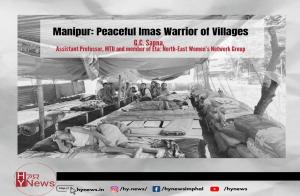
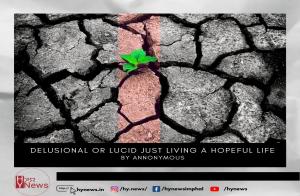
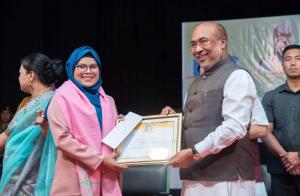
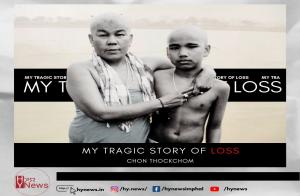
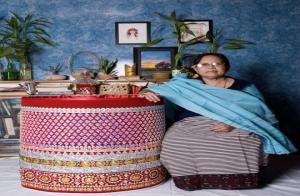
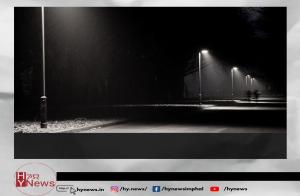
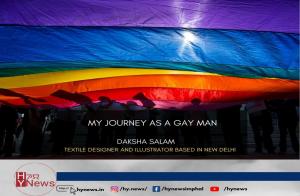
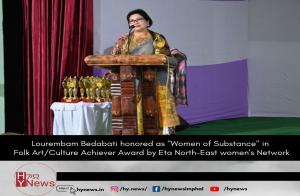
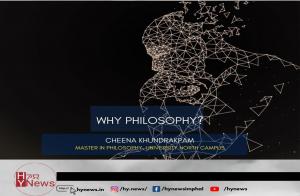
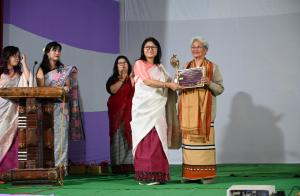
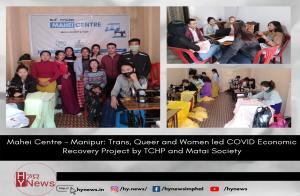
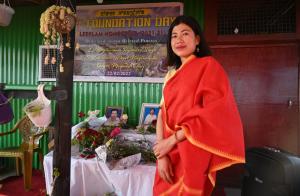
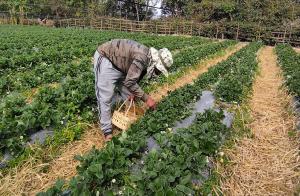

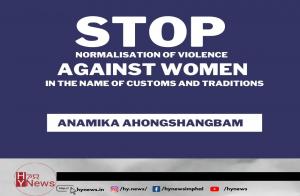
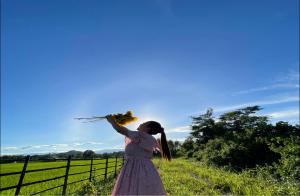





Leave Comments